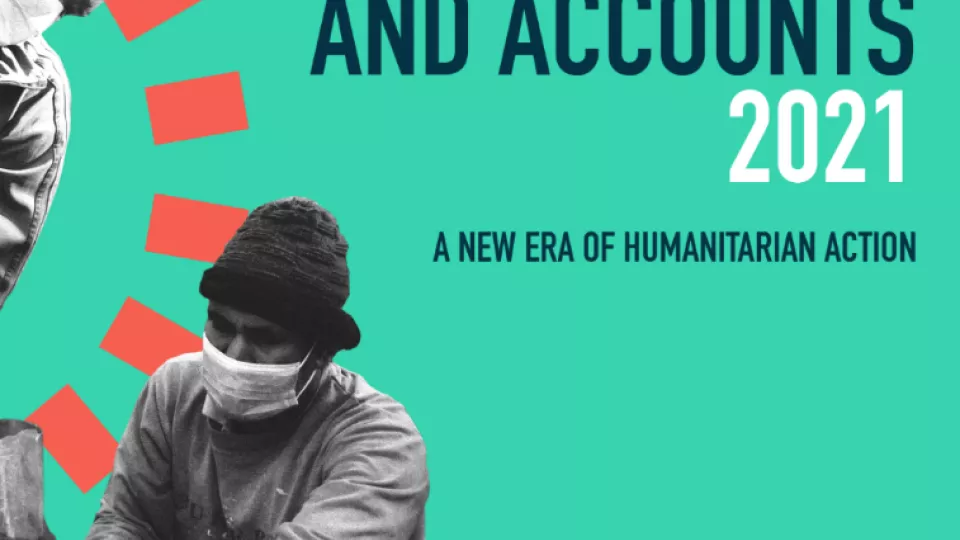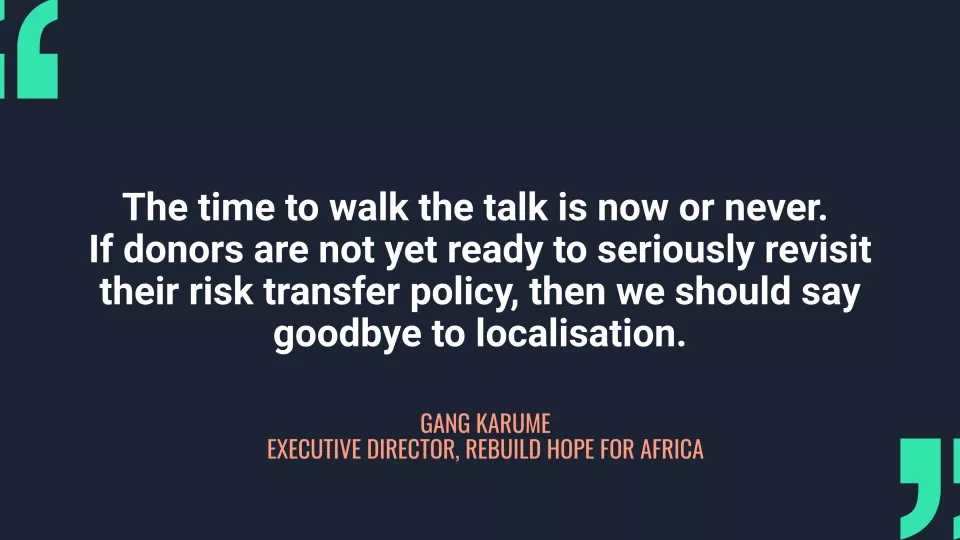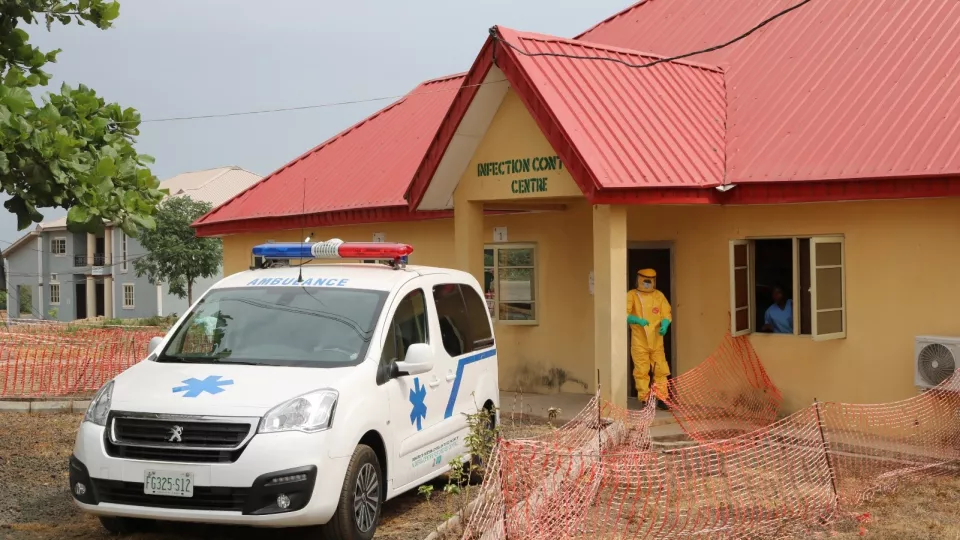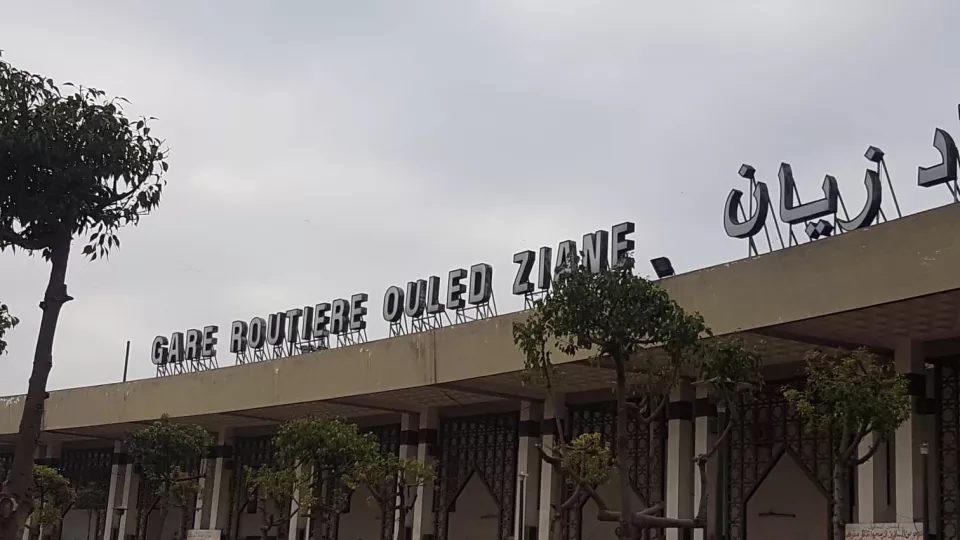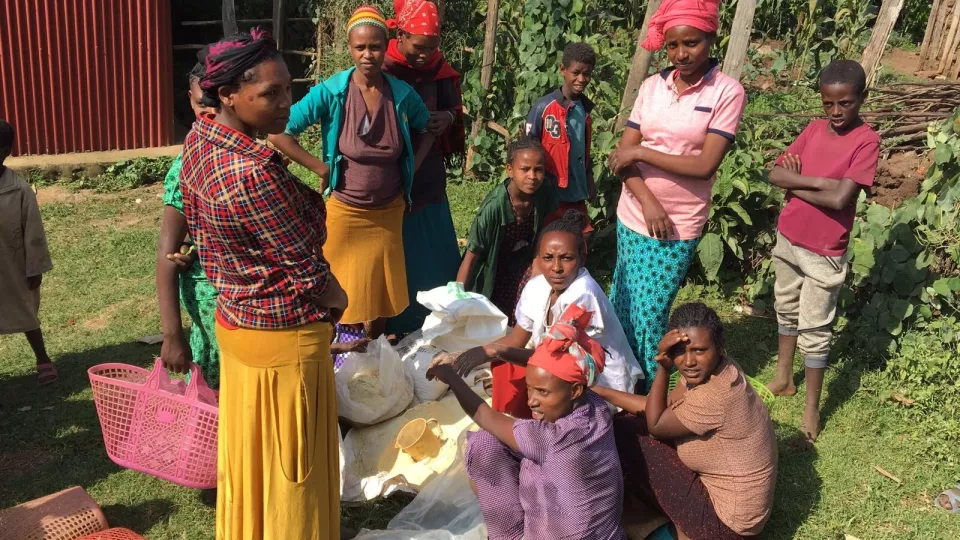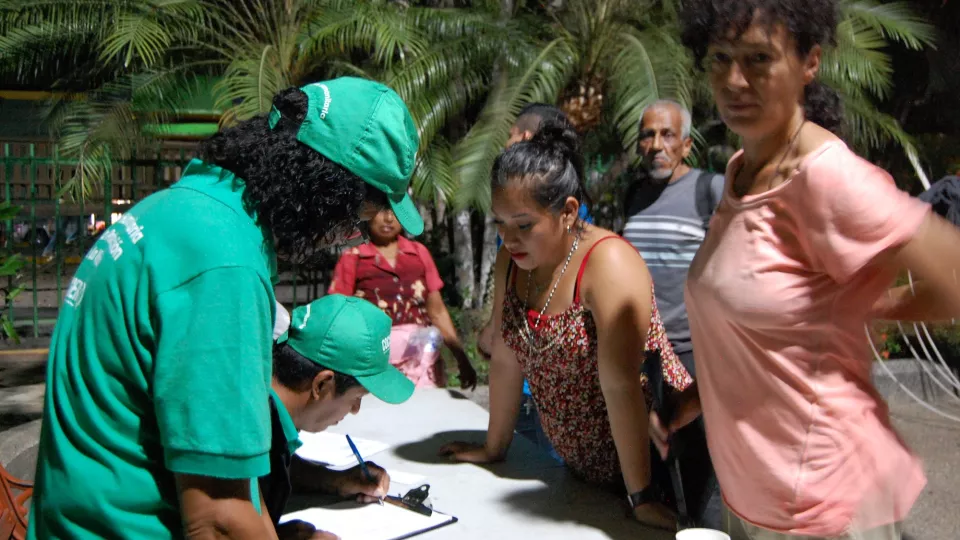In 2021 Start Network reached 5 million people with emergency humanitarian assistance. The Start Network Annual Report and Accounts 2021, tells the story of how we made progress using five keys to systems change:
Purpose - We refreshed our strategy and reoriented our vision, mission, and theory of change around locally led humanitarian action to enable communities affected by and at risk of crises to feel and demonstrate their agency and power.
Power - We created spaces and systems for decision-making, ways of working, and resource allocation to be increasingly determined by local and national organisations.
Practice - We embedded a locally led focus into our activities, re-centring our programmes, actions, and learning around community leadership, solutions, and accountability.
Resources - We made resources more easily accessible and available to local organisations. Funds flowed to and were managed by local and national organisations to respond to and increasingly act ahead of predictable crises
Relationships - We enabled stronger relationships to grow between different players by ensuring collaborations and partnerships were equitable and sustainable, in support of community priorities.
DOWNLOAD THE REPORT
In Arabic
In Bengali
In French
In Spanish


